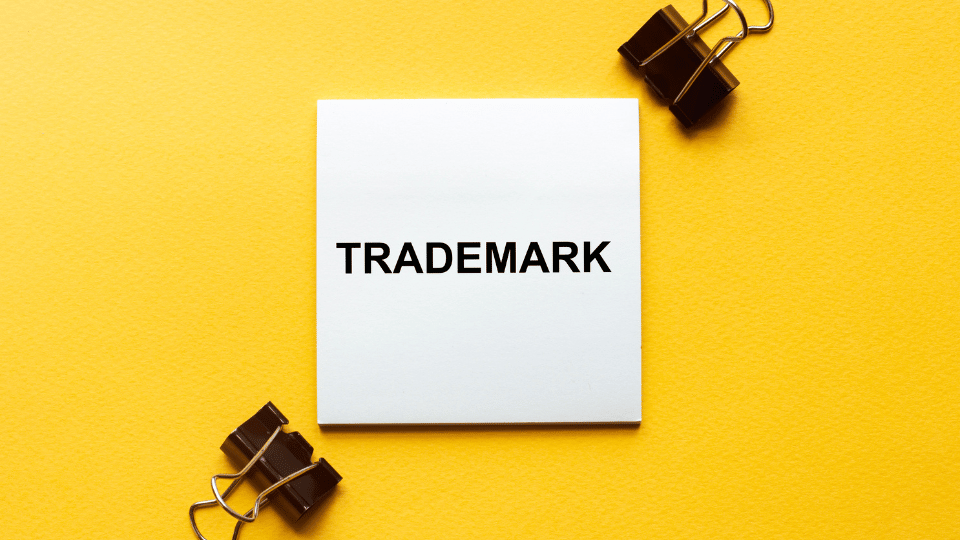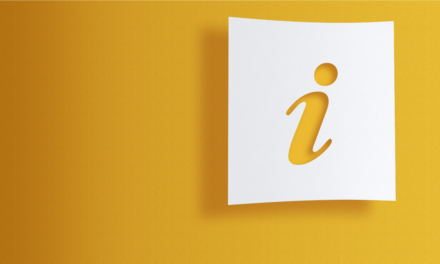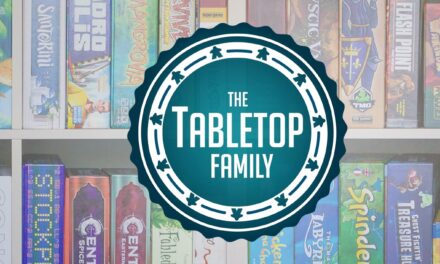In a content business, your intellectual property is the business.
You create text, video, and audio and share it with the world.
But is it legally protected? Do you need to take steps to protect it?
In the United States, the government offers a plethora of resources to help you understand what’s what and what – if anything – you need to do.
What are copyrights, trademarks, and patents
Copyrights apply to almost every creator.
“Copyright, a form of intellectual property law, protects original works of authorship including literary, dramatic, musical, and artistic works, such as poetry, novels, movies, songs, computer software, and architecture. Copyright does not protect facts, ideas, systems, or methods of operation, although it may protect the way these things are expressed,” according to the US Copyright Office.
Creators gain the copyright from the moment the work is created, even if you don’t register it. However, down the line, if you want to pursue a copyright infringement, you will need to register the creation.
As the US Copyright Office explains: “Registration is recommended for a number of reasons. Many choose to register their works because they wish to have the facts of their copyright on the public record and have a certificate of registration. Registered works may be eligible for statutory damages and attorney’s fees in successful litigation.”
Unlike a copyright, a patent protects inventions or discoveries. The work of content entrepreneurs typically wouldn’t be eligible for patents.
Trademarks, however, could have a role in a content business for your brand name, slogan, or logo. “A trademark protects words, phrases, symbols, or designs identifying the source of the goods or services of one party and distinguishing them from those of others,” according to the US Patent and Trademark Office.
The trademark application can be lengthy. The USPTO says it is now processing submissions received at the end of last October, noting it can be 12 to 18 months, depending on the volume of submissions.
Take this IP-identifier quiz
First, you can walk through a six-step quiz to identify what potential intellectual property you have:
- Do you use a brand name, slogan, logo, or other method to distinguish yourself or your business from your competitors?
- Did you invent or design something like a machine, a tool or a medicine? Or did you develop a new process for making one of these?
- Do you design or create computer hardware or software?
- Do you design or create artistic or literary works? Are you a graphic designer, photographer, writer, filmmaker, musician, singer, or podcaster?
- Do you have a secret formula or recipe that makes your product better than everyone else’s? Or do you have a special manufacturing process that no one else knows about?
- Do you develop new plant or seed varieties?
Here’s a sample quiz for someone who has a distinct brand name and creates content without any secret recipe.
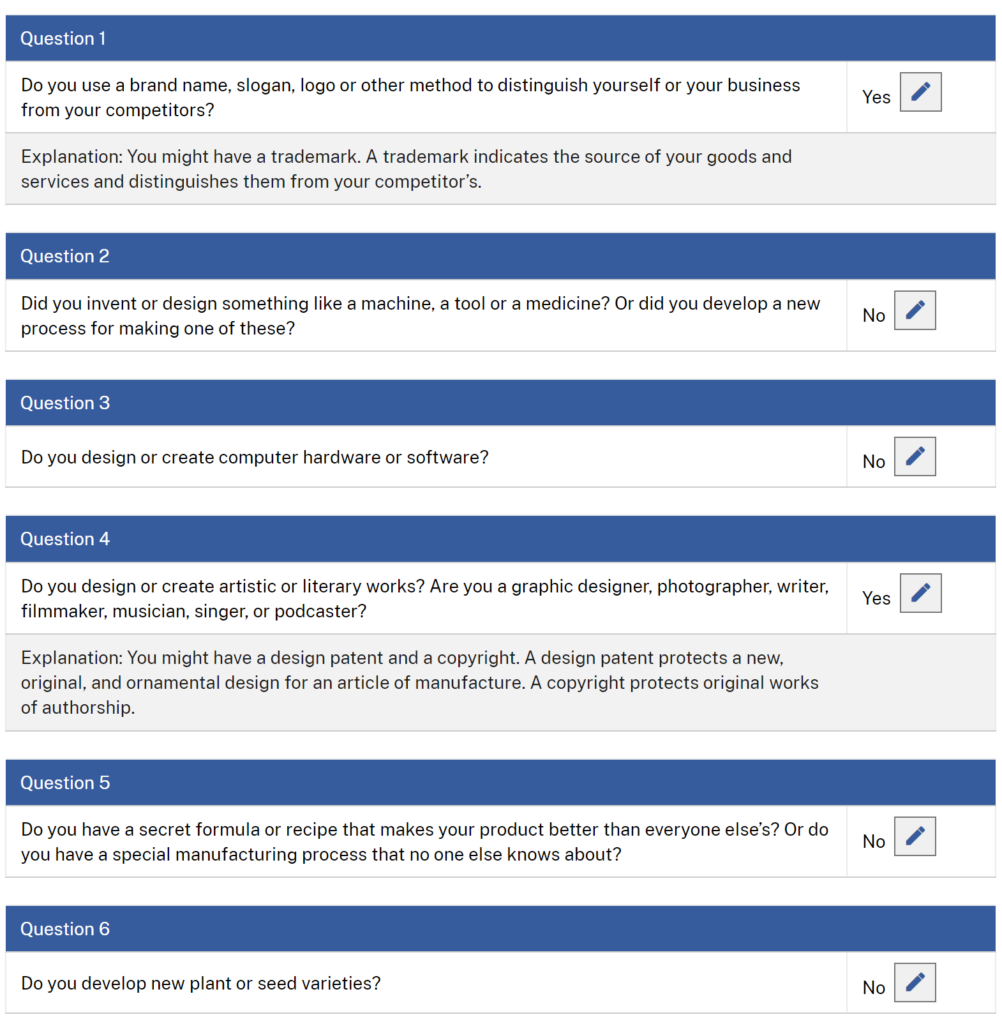
The results indicate this entrepreneur’s intellectual property could be eligible for copyrights, trademarks, and design patents.
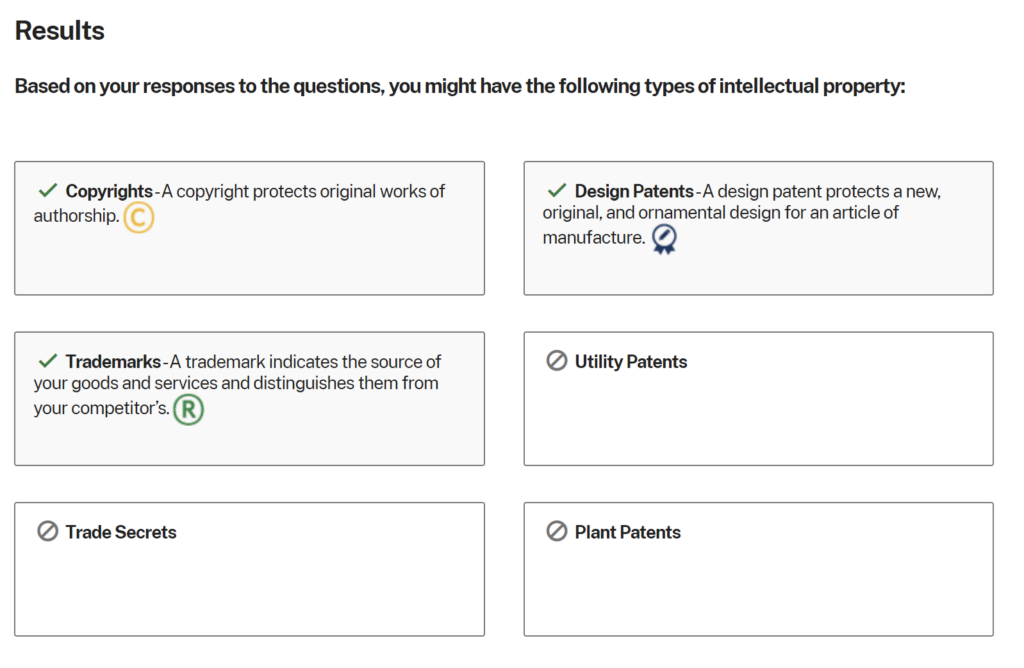
Filing for copyright protection
If you never plan to seek legal recourse if someone steals your content or uses the same brand name, logo, etc., then you don’t need to do anything now. If you would consider the legal route, then you should explore the options further.
Seeking registered copyrights requires payment based on several elements of the submission. You can review this current fee schedule. You can learn more about submitting your copyright with this registration portal.
But no process is simple. To ensure your IP is truly protected, consider consulting with a legal professional at least initially. It will increase the cost, but it could save you money in the end.
About the author
Ann regularly combines words and strategy for B2B, B2C, and nonprofits, continuing to live up to her high school nickname, Editor Ann. An IABC Communicator of the Year and founder of G Force Communication, Ann coaches and trains professionals in all things content. Connect with her on LinkedIn and Twitter.

